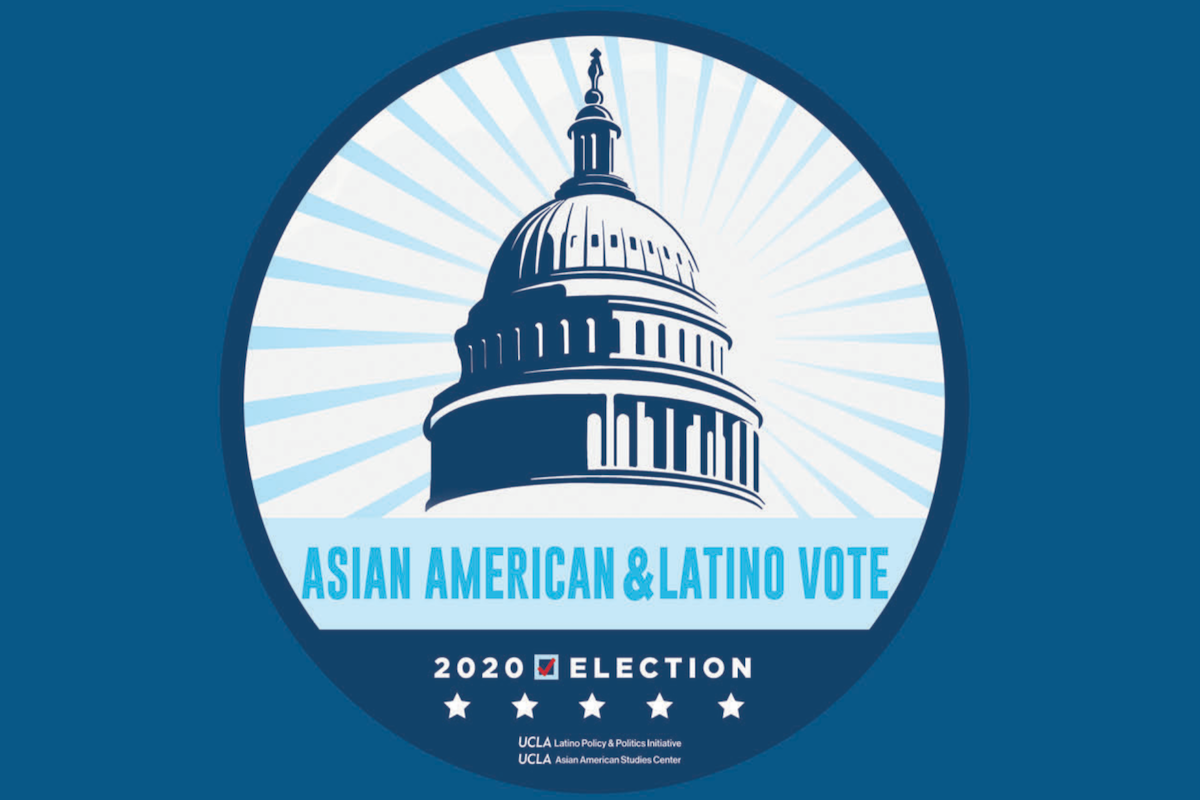

A new study released Thursday by UCLA’s Latino Policy & Politics Initiative and UCLA’s Asian American Studies Center said that the country’s “new majority” will play an “outsized” role in some states’ 2020 primary and presidential elections.
“UCLA LPPI forecasts a total turnout of 140,269,000 voters in this year’s general election—an increase of nearly 3 million voters compared to November 2016. Non-Hispanic white voters will represent a little over 70 percent of all votes this November (approximately 100,451,000 votes),” the study’s findings said “The new majority are slated to represent almost 30 percent of all votes in November, which includes an estimated 18,903,00 Black voters, 14,849,000 Latino voters, and 6,415,000 from Asian American voters. However, in a number of critical state contests, white voters will not represent the majority of voters, giving the new majority an outsized role in those states’ presidential contests.”
“The importance of the new majority is nowhere clearer than in the Democratic Primary contests,where voters of color represent greater shares of all voters since they lean Democrat at higher rates than their white peers,” the findings continued. “Using a combination of national and state survey data by race and party preference, exit poll data, official vote history by race/ethnicity, and state election results, UCLA LPPI estimated the 2020 Democratic vote share and delegate determination by race/ethnicity. At publication, only 101 of the 3,979 total pledged delegates have been allocated. Moving forward, UCLA LPPI projects that 2051.6 of all pledged delegates will be determined by non-Hispanic white voters,648.7 by Latino voters, 997.4 by Black voters,and 269.3 by Asian American voters. Nationally,UCLA LPPI’s projections suggest that non-Hispanic white voters will represent just over half of the share of all Democratic delegates.”
The analysis then listed 10 states where the Latino vote and the rest of the “new majority” will play a key role in the primary cycle: Nevada (where the Caucus already happened); the Super Tuesday states of Texas, Colorado and California (both March 3); Arizona, Illinois and Florida (both March 17); New York (April 28); New Jersey and New Mexico (both June 2).
The full analysis is below:


